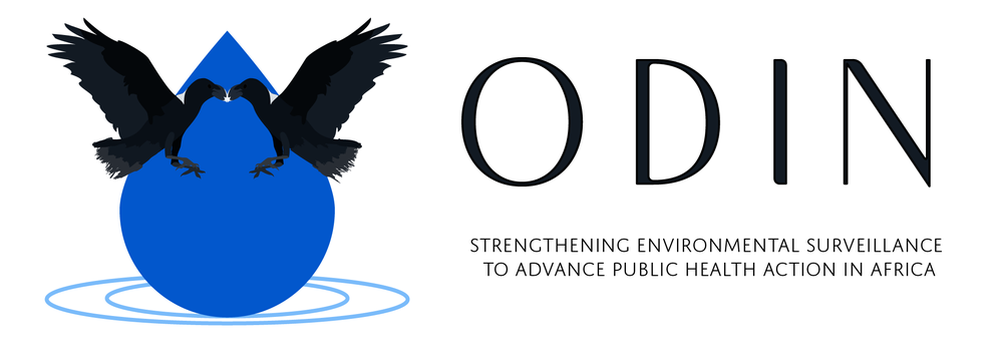 The project acronym is inspired by the Norse God Odin, who, according to mythology, sacrificed an eye to reach a higher level of wisdom. Through this sacrifice, and his ravens Hugin and Munin, he was able to see and know everything that was occurring, everywhere. This project will go forward from, and beyond, a setting where much focus has been on individual pathogens (e.g. narrow scope) as well as individual measurements (e.g. patients), to build a system that is low-cost, robust, easy to maintain, but has the capacity, like Odin and his ravens, to detect “everything”. The raw data will go through several adjustable analytical processes to create easily understandable reports for key stakeholders to take informed, and rapid, decisions.
The project acronym is inspired by the Norse God Odin, who, according to mythology, sacrificed an eye to reach a higher level of wisdom. Through this sacrifice, and his ravens Hugin and Munin, he was able to see and know everything that was occurring, everywhere. This project will go forward from, and beyond, a setting where much focus has been on individual pathogens (e.g. narrow scope) as well as individual measurements (e.g. patients), to build a system that is low-cost, robust, easy to maintain, but has the capacity, like Odin and his ravens, to detect “everything”. The raw data will go through several adjustable analytical processes to create easily understandable reports for key stakeholders to take informed, and rapid, decisions.
The ODIN project will strengthen genomics and bioinformatics capacity, as well as database management skills for generating, maintaining, and querying large data sets, in sub-Saharan countries. Further, the project will develop a genomic surveillance system relying on environmental monitoring of major communicable disease agents in community wastewaters and other environmental samples (wells, rivers, soil). In a timely, socially and ethically acceptable anonymous manner, environmental surveillance can detect outbreaks of poverty-related pathogens, waterborne diseases and antimicrobial resistance (AMR), as well as the means to convey this information to key stakeholders for efficient implementation of data-driven evidence for informed public health policies. By bringing together a multi-disciplinary team of leading experts and organisations within the fields of communicable disease epidemiology, microbiology, bioinformatics, water technology and environmental science, ODIN will provide an optimal research, development, capacity building, and implementation environment that will help set up a sustainable model for how genomics surveillance systems can be applied in sub-Saharan conditions and support safe drinking water supply and sanitation.
Our Objectives:
|
Set up an environmental surveillance scheme for a set of chosen human pathogens and AMR determinants to be piloted and utilised in local sub-Saharan communities, supporting SDG3. (WP2). |
Develop a mobile wastewater and clean water surveillance system in order to efficiently and in a timely manner detect, gather data on, and report outbreaks in remote areas of the participating countries, contributing to rapid response. (WP3) |
|
Accelerate raw data processing and analysis through interactive, semi-automation, thus speeding up transfer of information about threat. (WP4). |
Set up a training program for improved capacity building that entails genome sequencing of environmental samples and subsequent bioinformatics processing of the produced genomic data containing spatial and temporal trends in the occurrence of human pathogens in sub-Saharan countries. (WP6). |
|
Develop standards to support practices for sharing genomic data, including beyond national borders, for public health measures. (WP7) |
Strengthen health systems by process(es) on how the generated data will be transferred to key stakeholders (clinics, governments, policy makers, etc) for efficient and timely actions upon outbreaks or detection of contaminated water. (WP4, WP6, WP7) |
|
Investigate, from an epidemiological and bacteriological angle, the role of different Vibrio species in causing cholera. (WP5). |
Reduce annual cases of disease, illness and death due to drinking water from contaminated sources by increasing awareness and providing protocols for efficient water and sanitation interventions, supporting SDG6 (WP5) |
Meet the Dedicated Team Behind the Project:
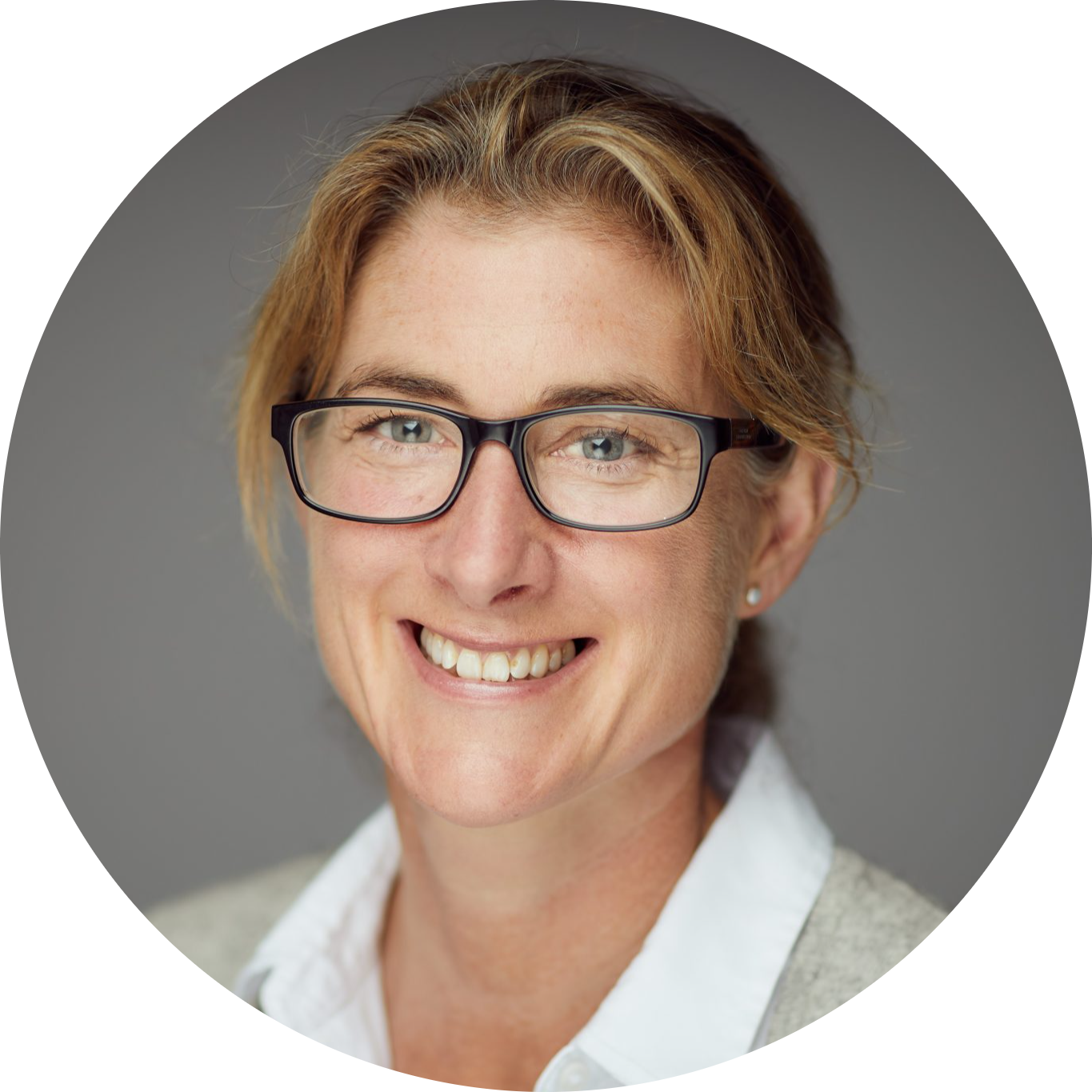 |
 |
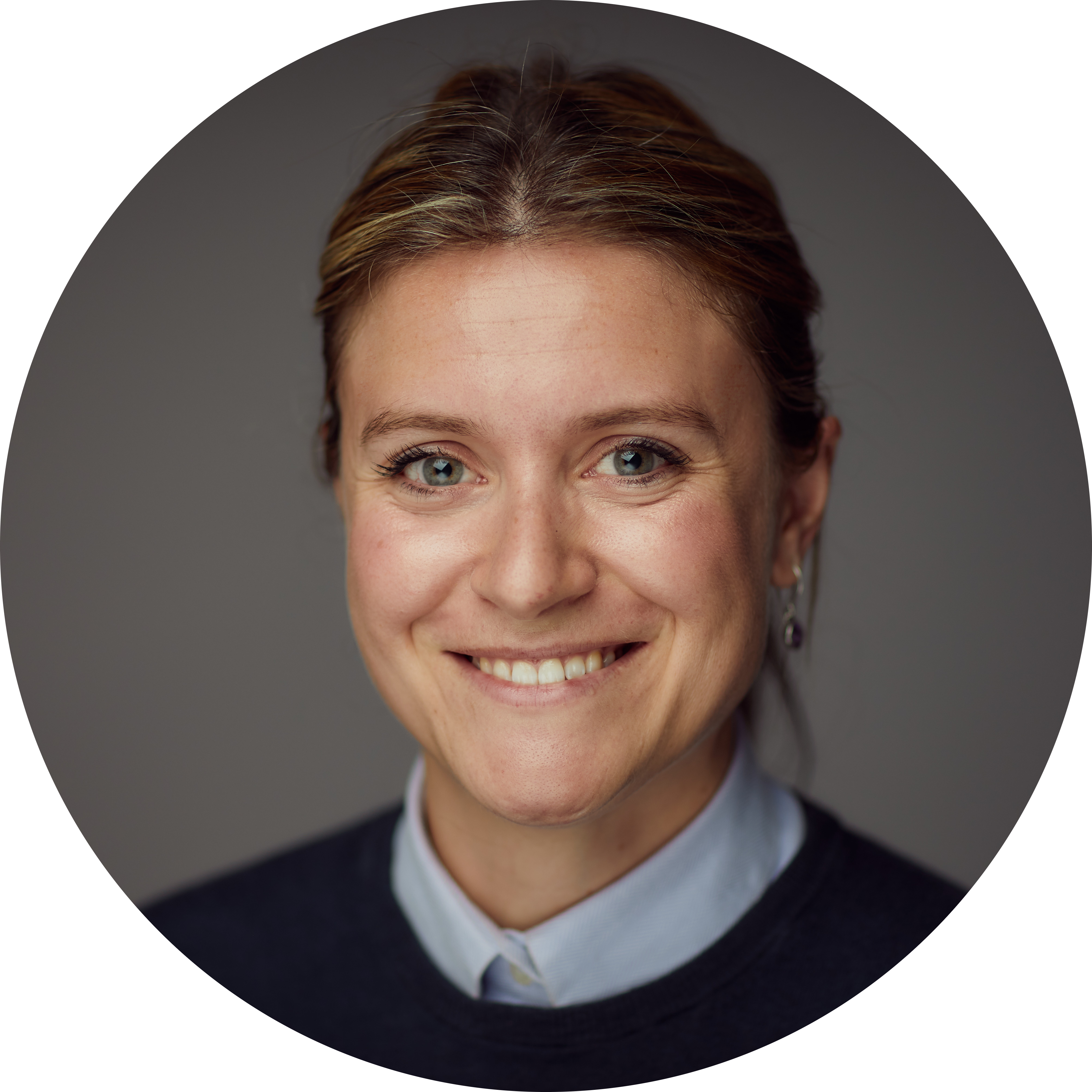 |
Trudie Lang |
Paul Kingpriest |
Bonny Baker |
 |
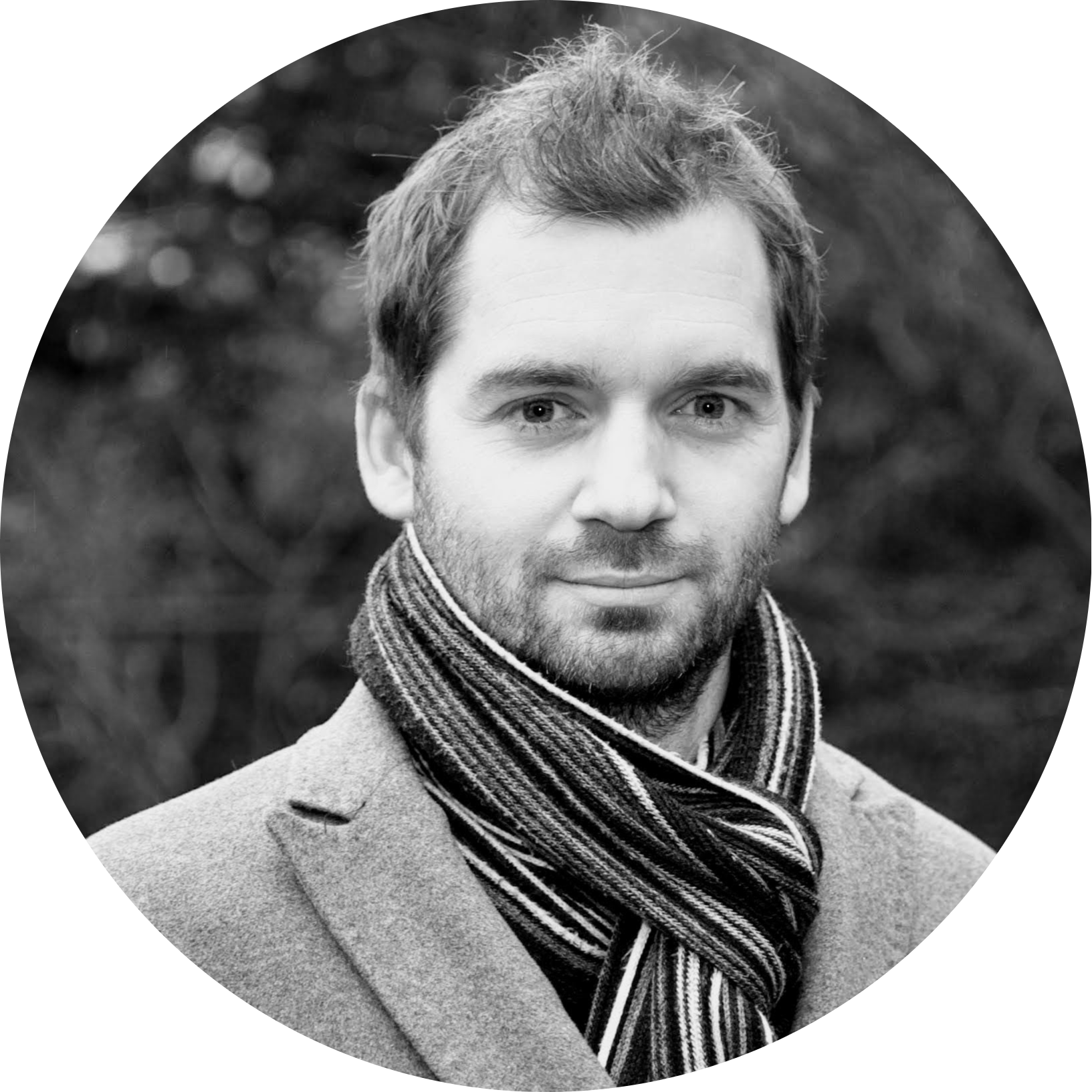 |
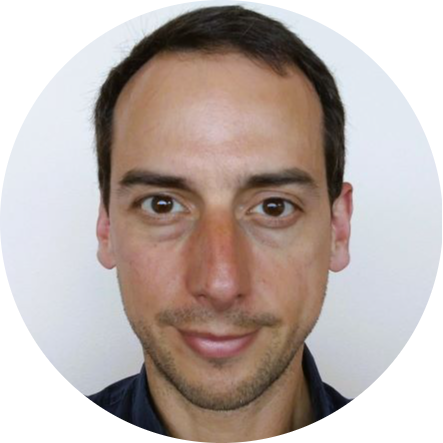 |
Sainabou Laye Ndure |
Bart Mesuere |
Lennart Martens |
 |
 |
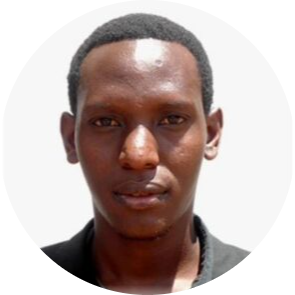 |
Tarja Pitkänen |
Rolf Lood |
Vito Baraka |
 |
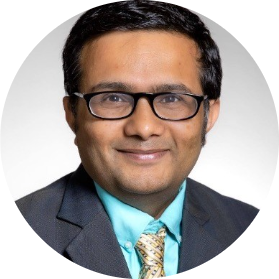 |
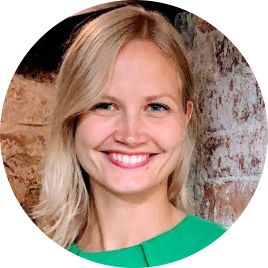 |
Adriana Krolicka |
Ananda Tiwari |
Taru Miller |
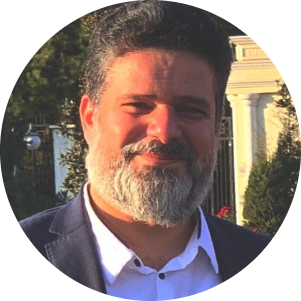 |
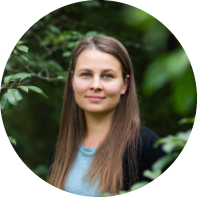 |
 |
Haider Al-Hello |
Kati Räisänen |
Tor Langeland |
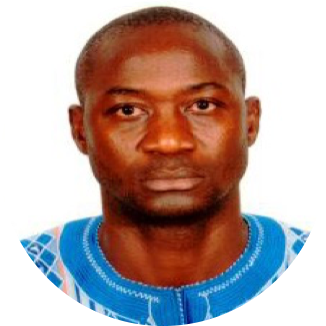 |
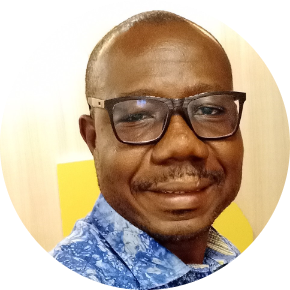 |
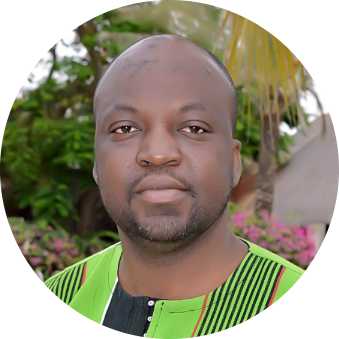 |
Küssome Paulin SOMDAH |
Marc C. Tahita |
Bérenger KABORE |
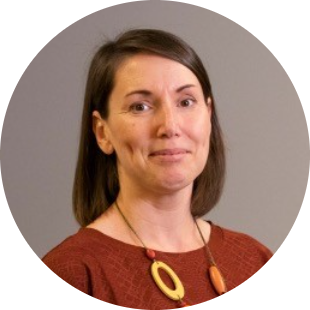 |
 |
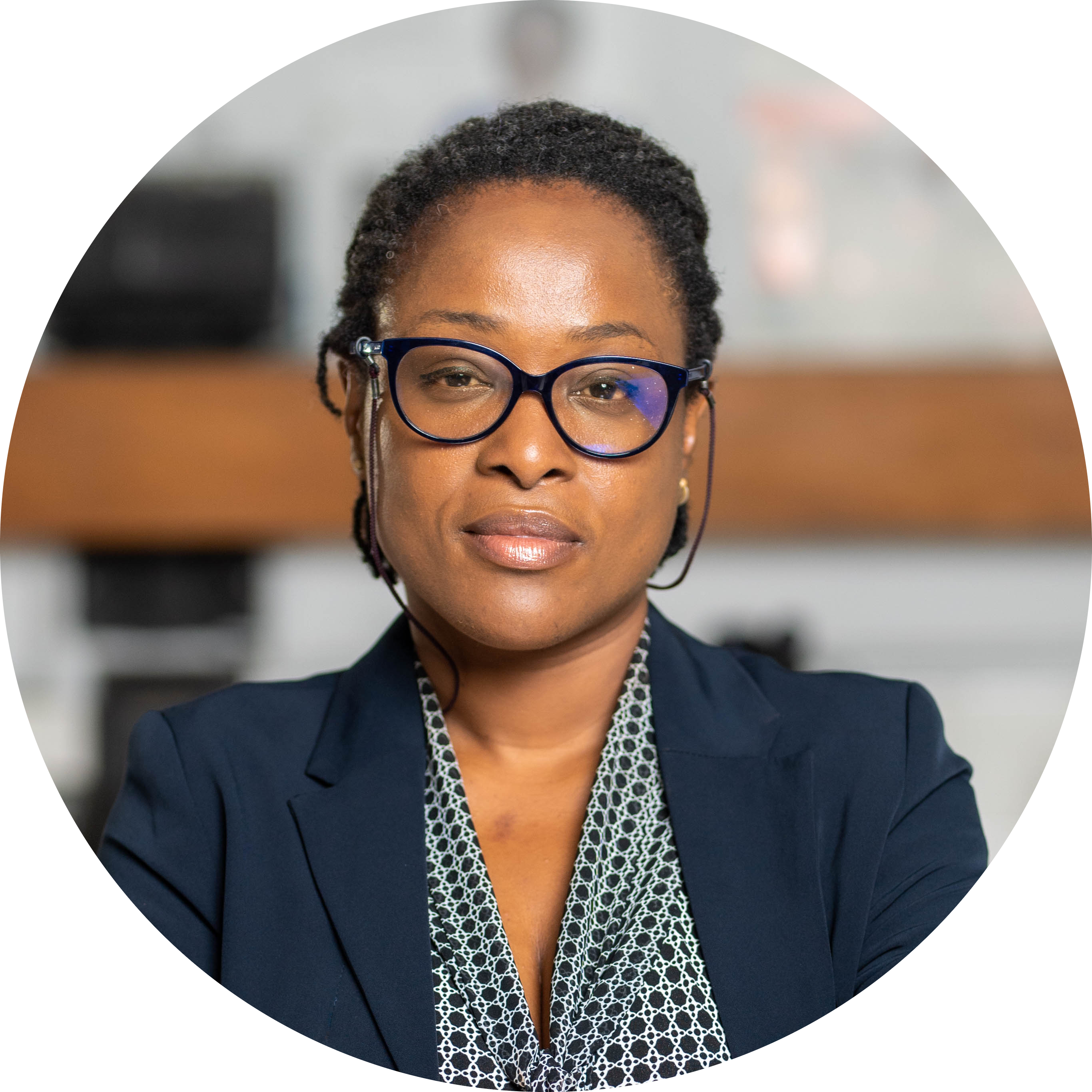 |
Andrea Bagi |
Maria João |
Vivi Maketa |
 |
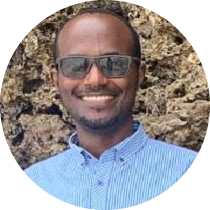 |
 |
Tam Tran |
Hillary Sebukoto |
Eric Lyimo |
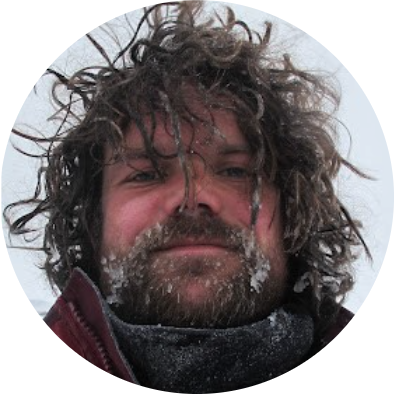 |
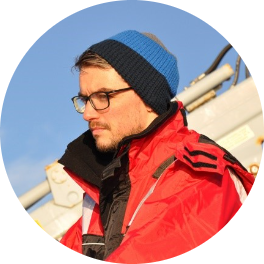 |
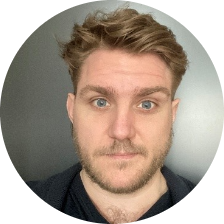 |
Alan Le Tressoler |
Kyle Mayers |
Dylan Shea |
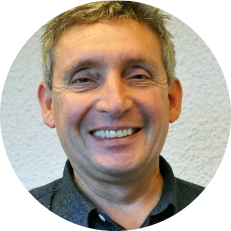 |
Jeremy Cook |

